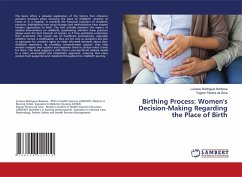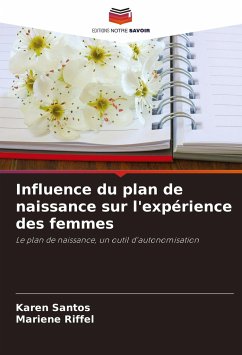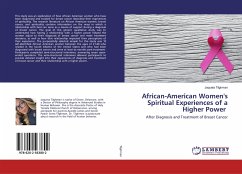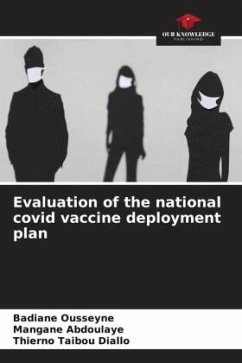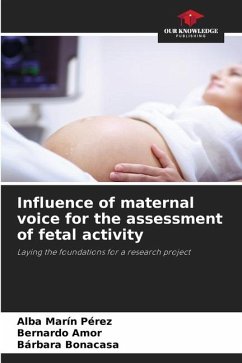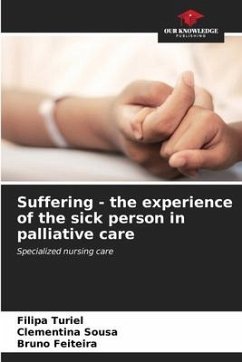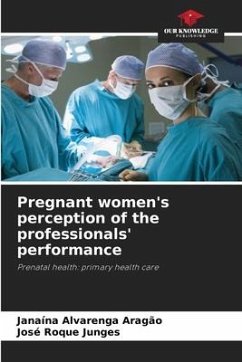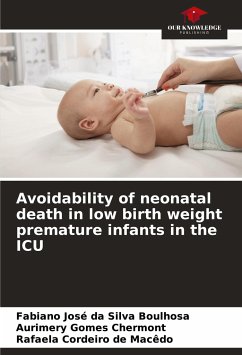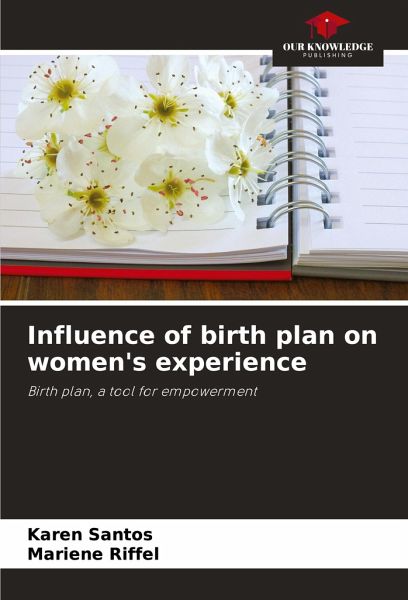
Influence of birth plan on women's experience
Birth plan, a tool for empowerment
Versandkostenfrei!
Versandfertig in 6-10 Tagen
29,99 €
inkl. MwSt.

PAYBACK Punkte
15 °P sammeln!
With modernity, the hospitalization of childbirth has emerged in order to provide more safety and comfort. Some practices, because they are practiced in a place with apparatus for care in emergency situations and under control were "naturalized" as beneficial even without scientific evidence or approval of users (SUÁREZ-CORTÉS et al., 2015). This study sought to identify the influence that the clarification about the good practices recommended by the World Health Organization, for the preparation of a Birth Plan exerts on the experience of women in labor and birth of their children. It was p...
With modernity, the hospitalization of childbirth has emerged in order to provide more safety and comfort. Some practices, because they are practiced in a place with apparatus for care in emergency situations and under control were "naturalized" as beneficial even without scientific evidence or approval of users (SUÁREZ-CORTÉS et al., 2015). This study sought to identify the influence that the clarification about the good practices recommended by the World Health Organization, for the preparation of a Birth Plan exerts on the experience of women in labor and birth of their children. It was possible to evidence that the guidance during prenatal care influenced the women's experiences, sharpening their perceptions of practices considered violent in childbirth care and valuing practices previously unknown. Thus, the Birth Plan proved to be an excellent instrument of communication and circulation of knowledge, where the languages used were better understood by the woman and the health team in a situation of fragility for the user and importance for society: labor and birth.



